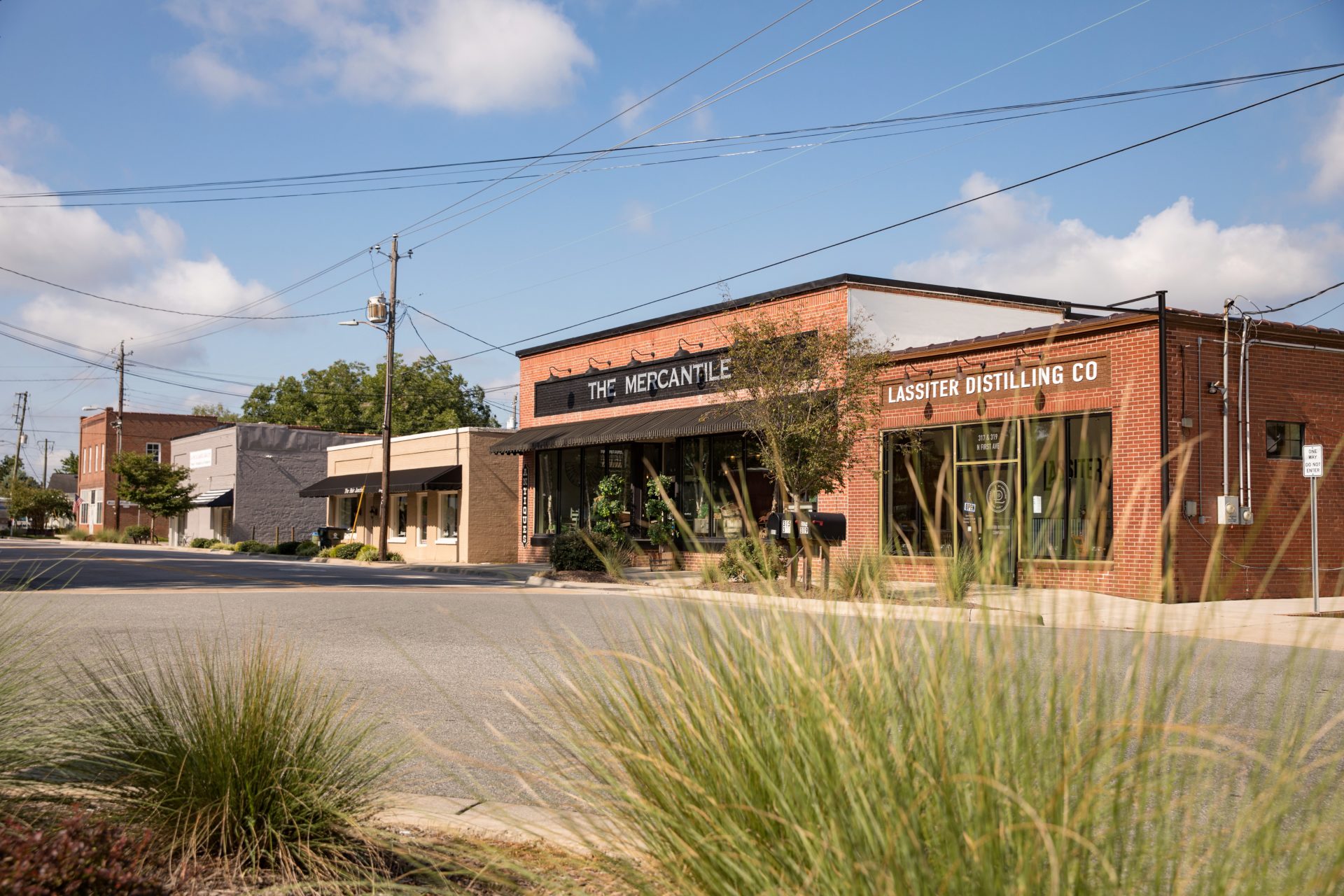Amid a turbulent election year, many people feel like bystanders without enough influence to make a difference on the issues that matter. Lack of progress at national and even state levels can be discouraging, particularly for people who are unable to vote due to their youth, like me, or other reasons, such as not having citizenship status, having been convicted of a felony, or in some cases, having a mental disability (link). Fortunately, local nonprofits like WakeUP Wake County provide a platform for all residents to voice their concerns and opinions on critical issues like housing, education, transportation, sustainability, and parks. Although I’m not old enough to vote this November, I still know what I want: good schools I can afford to attend, quality public transit, clean air and water, sustainable land use for the future, and protection of green spaces in my community. Local municipalities are making decisions every week that will determine whether these essential services are provided in Wake County.

As a member of the student government at my high school, I have observed the power that a few voices can have. One time, less than 80 students from a student body of over two thousand voted on and decided our Prom theme! Wake County tackles far more important issues but still receives little feedback from residents on decisions, including transit, schools, and sustainability. This makes every resident’s input all the more important, which is why organizations like WakeUP are so valuable. WakeUP provides a way for residents to have their voices heard by policy-makers and government officials by providing information on local planning, council, and commission meetings, as well as local elections so that residents can stay informed to advocate for policies that matter to them.

Furthermore, recent research suggests that local officials can be particularly swayed by youth engagement on sustainability issues. Dr. Hartley along with a team of undergraduate researchers conducted research showing that when 4th and 5th-grade students spoke to community leaders about plastic pollution those leaders became concerned about the issue and more willing to make policy to address it. When asked about study implications Dr. Hartley said “Our lab has already established that kids can have an impact across the dinner table, and it’s cool to see that they can also have an impact within town halls too.” Her co-author, Dr. Stevenson, continued, “Kids should take heart in that and know they have power. And educators and parents should understand that kids have an important voice in the community.”
This means the WakeUP Wake County platform may be uniquely suited to helping local youth to advocate for fair and forward-thinking policies that address economic, social, and environmental issues in Wake County. Some empowering actions youth (and anyone!) can take through the WakeUP Wake County platform include: attending city council meetings, sharing information on local elections, writing to local officials, and supporting local advocacy organizations like WakeUP Wake County.
In conclusion, for youth who can’t vote in this year’s highly anticipated election, WakeUP Wake County provides a way to influence and advocate for local policies that directly impact important issues including quality public education, protection of green spaces, and fair use of local tax dollars for important infrastructure. A great way to start creating an impact is by sharing this post on social media!


